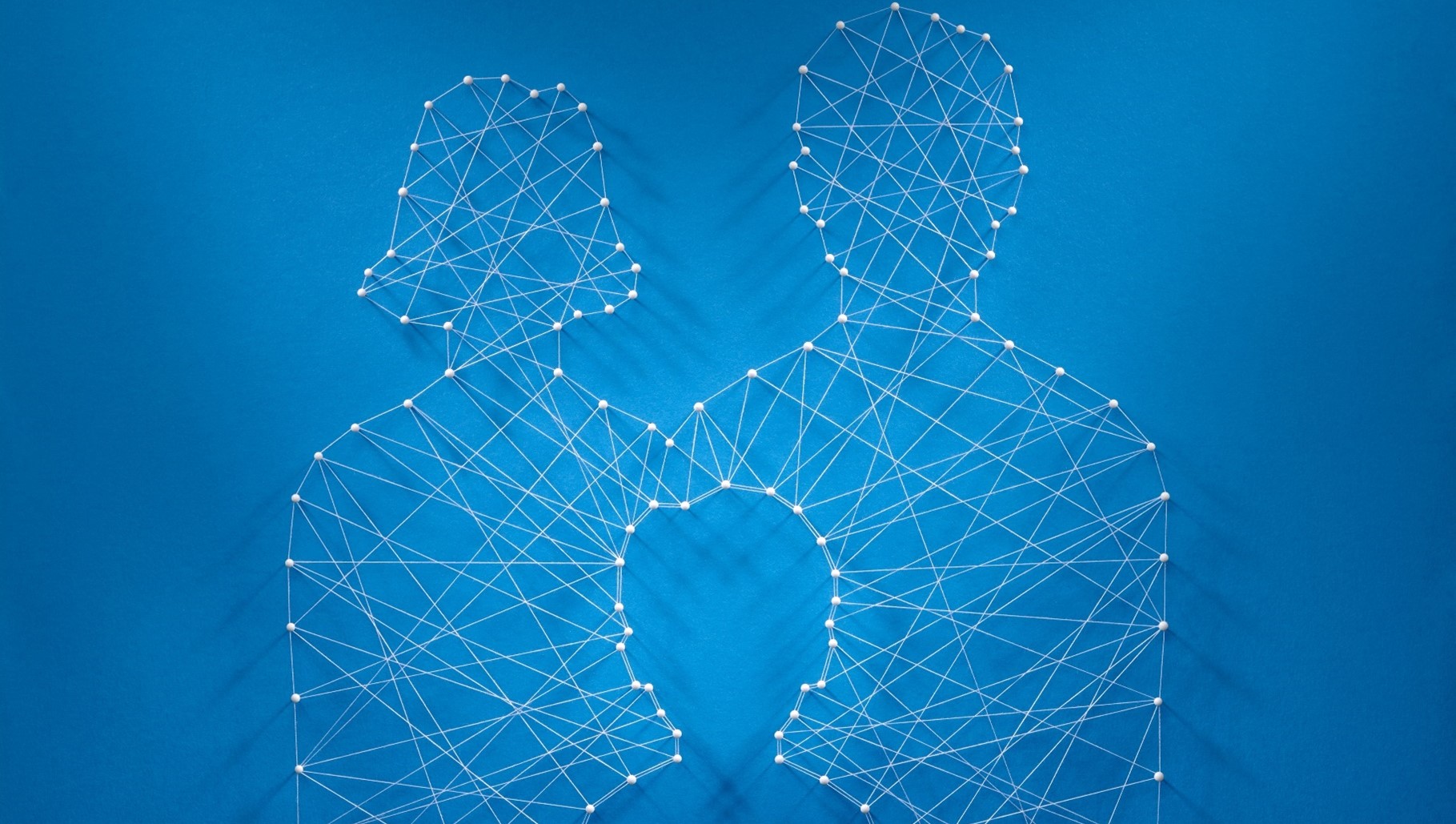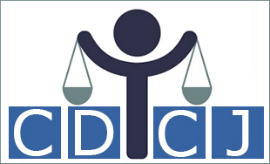The Council of Europe’s European Committee on Legal Co-operation (CDCJ) issued today a comparative study related to the right of donor-conceived persons to know their origins.
The study addresses questions raised by the recognition of a right of children born from gamete donation to know their origins and identifies the elements that such a right could entail. It provides a comparative analysis of the existing and related international legal instruments in the area, and takes into account the existing literature, the European Court of Human Rights’ case-law, the relevant case-law of the Constitutional Courts of the member states, as well as their legal framework with regard to this issue. Moreover, the study analyses and puts into perspective the arguments and solutions enshrined in the legislation of the member states, and reflects the trend and outlook for the future, i.e. the emergence of a consensus on the right to know one’s origins. If the study refers to good practices with regard to access to origins, it also reveals the existence of shortcomings that may need to be filled.
In the light of the study and its conclusions, the CDCJ recognised the relevance and added value of elaborating a recommendation on the topic and agreed to include this work in its programme for 2024-2025, subject to a decision to that effect by the Committee of Ministers.
More information:




